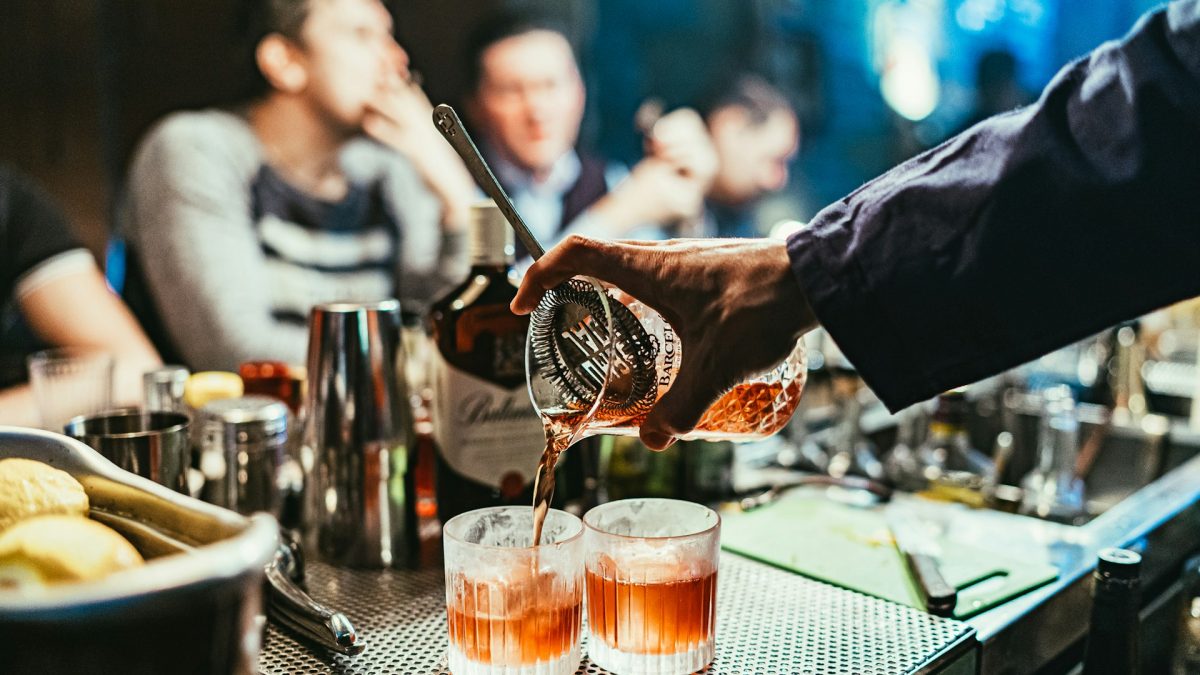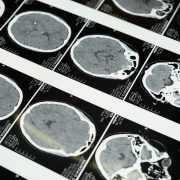Alcohol, a common element in social gatherings, has a profound impact on mental health and well-being. This impact intensifies with prolonged or heavy consumption. By understanding these effects, you can make informed choices about your drinking habits, ensuring a balance between social enjoyment and personal health. This article explores the effects of alcohol on mental health, its use in self-medication, and its effect on quality of life.
Alcohol And Anxiety
Many people start drinking alcohol to help with anxiety in social situations. Its calming effect can provide some temporary relief by relaxing the nervous system. But over time, it can actually make anxiety worse in several ways:
Rebound Effects: When the effects of alcohol wear off, your anxiety can come back even stronger as your nervous system tries to find its balance again. This can get worse if you drink regularly.
Withdrawal Symptoms: If you drink heavily on a regular basis, it can change the chemistry of your brain. If you then stop drinking all of a sudden, it can cause withdrawal symptoms that make you feel anxious.
Substance Abuse Problems: Drinking too much can make your body rely on alcohol and crave it, which can make you feel nervous when you can’t have it. Losing control over your drinking can also make your anxiety worse.
Inhibition Impacts: When you’re drunk, you might not monitor your behavior as closely, which can lead to risky behaviors like angry outbursts. These can make you feel anxious the next day when you remember what you did.
Sleep Disruption: Alcohol can get in the way of restful sleep, so you might feel tired the next day and not think as clearly, which can make you feel more uneasy and tense.
While alcohol might seem like it helps with anxiety at first, it can often lead to an unhealthy pattern where you drink to deal with the anxiety caused by drinking. Finding yourself in this cycle can be challenging, and exploring treatment options, such as those offered by facilities like Westcoast Recovery Centers (https://westcoastrecoverycenters.com/addiction-types/alcohol/), may help you on your journey toward recovery.
Alcohol And Depression
Just like with anxiety, people often use alcohol to temporarily lessen feelings of depression. Due to its calming effects, alcohol can provide short-term relief. However, this relief doesn’t last long, as alcohol can quickly make feelings of sadness or despair even stronger. This happens through several ways:
Mood Swings: Alcohol can quickly lessen feelings of depression, but as it leaves your system, you might feel a sudden drop in mood. This can be even worse if you’re binge drinking.
Loss Of Control: If you often drink alone or hide how much you’re drinking, you might start to feel guilty or lose confidence in yourself. If you experience blackouts from drinking, you might also feel incapable or despondent.
Physical Problems: Drinking a lot can affect sleep and weaken your immune and digestive systems. This can make you feel tired and sad, especially if your health starts to get worse. Changes in how you look or gaining weight can also make these feelings stronger.
Activity Avoidance: If you’re always thinking about alcohol, you might start to pull away from normal activities and relationships. Being isolated and losing connections can make depression worse because you’re not getting positive feedback from others.
Alcohol can trap you in the very feelings of depression you were trying to lessen. This happens because of how it alters your brain chemistry and the problems that come from drinking. You can break these negative cycles by cutting back on problem drinking. Getting professional counseling can also provide long-term help.
Alcohol As Self-Medication
People often use alcohol to self-medicate when dealing with anxiety and depression, instead of using healthier coping strategies or seeking treatment. While it might seem like it numbs negative emotions at first, using it as a form of self-medication can do more harm than good.
Addiction Risk: Regularly drinking alcohol to change your mood can lead to abuse and even addiction. As your body builds a tolerance to this substance, you might find that you need to drink more and more to feel the same effects.
Avoidance: Using alcohol to cover up problems means you’re not dealing with the root causes of your mental health issues. These could be things in your life that you could address with the help of counseling and making changes in your lifestyle. If these issues aren’t dealt with, they can get worse over time.
Unhealthy Lifestyle: Turning to alcohol as a quick escape from stress and sadness can mean you’re less motivated to take care of yourself. This includes getting enough sleep, eating right, exercising, and keeping a regular routine, all of which can help boost your mental health without needing to use substances.
If you find yourself drinking to deal with mental health struggles, try exploring healthier outlets. This could include therapy, spending time with others, pursuing creative passions, or practicing mindfulness techniques. It’s also essential to prioritize coping skills and establish strong support systems.
Life Destabilization
Drinking too much can cause a lot of problems in your life that adversely affect your health, relationships, career, and overall well-being. Here’s how it can cause chaos:
Work/Education: You might lose your job or fail in school because of how alcohol affects your performance or because you break the rules related to it.
Financial: Drinking a lot can lead to debt, bankruptcy, or even poverty. This can happen because you’re spending a lot on alcohol and could be earning less because of problems at work or school.
Legal: You could get arrested for things you do when you’re drunk, like disorderly conduct, drunk driving, or assault.
Relationships: Drinking can lead to divorce, being cut off by your family, and losing friends. This can happen because of unpredictable outbursts, lying, manipulation, or just not paying enough attention to others, which can damage relationships over time.
All these problems can make you feel helpless and diminish your self-worth. It’s like a downward spiral—you drink to deal with the chaos in your life, but that drinking is actually causing the chaos. If you find yourself in this situation, it’s important to get professional help and focus on basic self-care, like getting enough sleep, eating right, and spending time with others. These can help stabilize your daily life.
Final Thoughts
While seeking solace in alcohol may seem like a quick fix for emotional distress or challenging circumstances, reliance on it can worsen issues like anxiety and depression and promote unhealthy coping mechanisms. It’s crucial to confront and understand the underlying reasons for your struggles, fostering healthy habits and resilience to navigate life’s challenges.
With the right support and strategies, it’s possible to overcome these challenges and lead a fulfilling life, free from the shadow of alcohol.
The post The Impact Of Alcohol On Mental Health And Well-Being first appeared on What is Psychology?.




